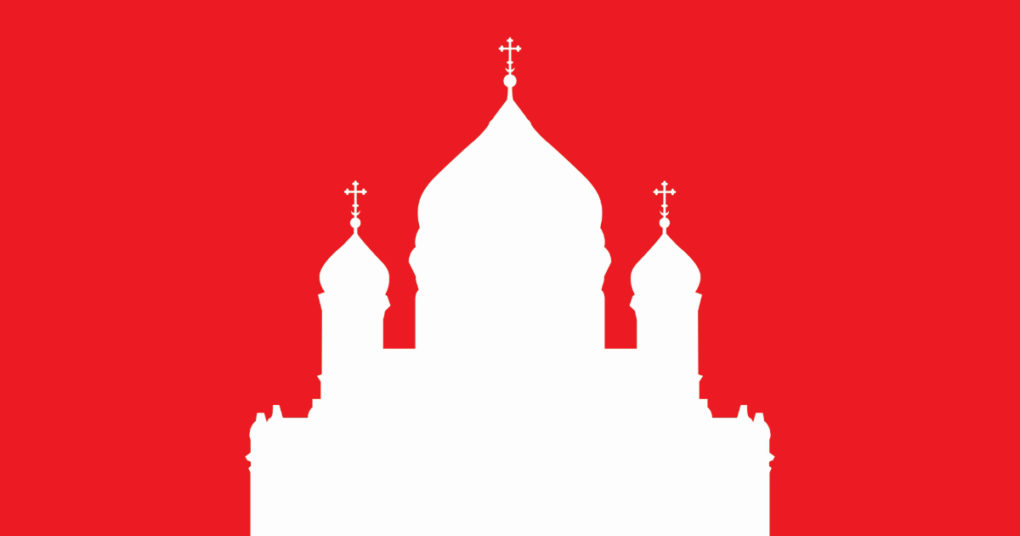Victoria Smolkin. A Sacred Space is Never Empty: A History of Soviet Atheism. Princeton: Princeton University Press, 2018. $32.95, 360 pp.
It is perhaps too easily forgotten that Soviet Communism began as a vibrant ideology, full of optimism for the human future. After the Bolshevik Revolution of 1917, enthusiastic Communist Party members embraced an eschatological vision of a new, liberated world. They were not content with mere economic equality. They dreamed of “new men,” turning ordinary people into “conscious agents for changing the world.” (33) The heart of the new order was a passionate atheism, a robust belief system that would end religious oppression and preach godless “scientific materialism.” Proselytizers of atheism, such as Anatolii Lunacharskii, Commissar of Education, longed for the day that Communists could take the “fresh, small hearts and bright, open, little minds” of children and create “a true miracle…a real human being.” (33)
Login to read more
Sign in or create a free account to access Subscriber-only content.
